Freedom in general may be defined as the absence of obstacles to the realization of desires
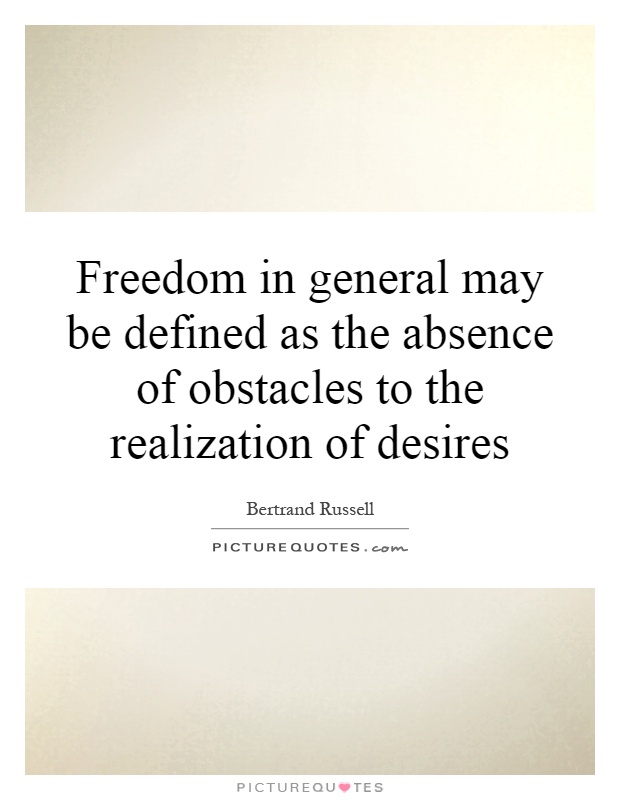
Freedom in general may be defined as the absence of obstacles to the realization of desires
Bertrand Russell, a renowned philosopher, mathematician, and social critic, was a strong advocate for freedom and individual autonomy. In his works, Russell often explored the concept of freedom and its implications on society. One of his famous quotes states that "freedom in general may be defined as the absence of obstacles to the realization of desires." This statement encapsulates Russell's belief that true freedom is the ability to pursue one's desires without external constraints or limitations.Russell believed that individuals should have the freedom to think, speak, and act according to their own will, as long as they do not harm others in the process. He argued that society should not impose unnecessary restrictions on individuals' choices and actions, as this would hinder their ability to live fulfilling and authentic lives. In Russell's view, true freedom is not just the absence of physical constraints, but also the absence of social, political, and cultural barriers that limit individuals' potential.
For Russell, the realization of desires is essential for human flourishing and self-actualization. He believed that individuals should have the freedom to pursue their passions, interests, and goals without fear of judgment or persecution. Russell was a strong proponent of free speech and open dialogue, as he believed that the exchange of ideas and perspectives is essential for intellectual growth and progress.
However, Russell also recognized that true freedom comes with responsibilities. He argued that individuals should exercise their freedom with caution and consideration for others, as their actions can have far-reaching consequences. Russell believed that a balance between individual freedom and social responsibility is necessary for a harmonious and just society.
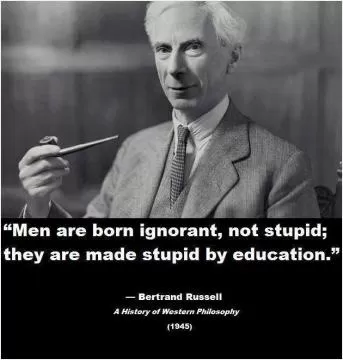

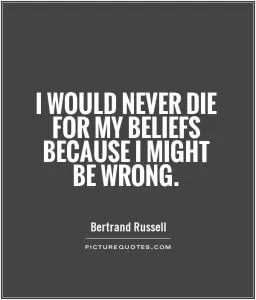
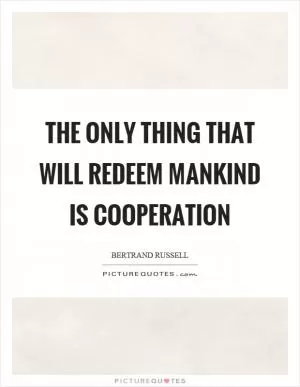




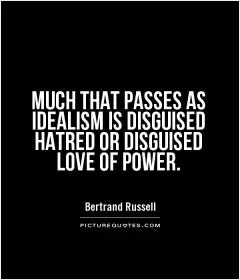



 Friendship Quotes
Friendship Quotes Love Quotes
Love Quotes Life Quotes
Life Quotes Funny Quotes
Funny Quotes Motivational Quotes
Motivational Quotes Inspirational Quotes
Inspirational Quotes